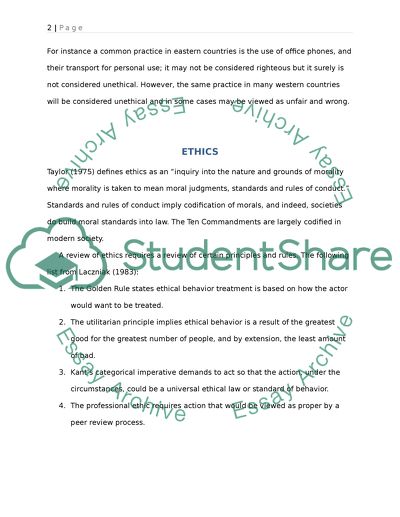Cite this document
(“An Examination of Marketing Ethics Essay Example | Topics and Well Written Essays - 4000 words”, n.d.)
Retrieved from https://studentshare.org/marketing/1412943-essay-paper
Retrieved from https://studentshare.org/marketing/1412943-essay-paper
(An Examination of Marketing Ethics Essay Example | Topics and Well Written Essays - 4000 Words)
https://studentshare.org/marketing/1412943-essay-paper.
https://studentshare.org/marketing/1412943-essay-paper.
“An Examination of Marketing Ethics Essay Example | Topics and Well Written Essays - 4000 Words”, n.d. https://studentshare.org/marketing/1412943-essay-paper.


